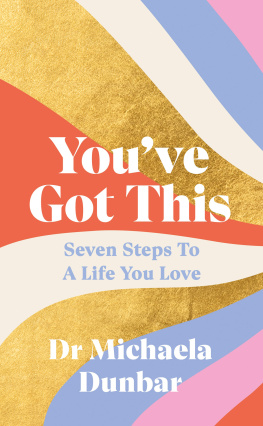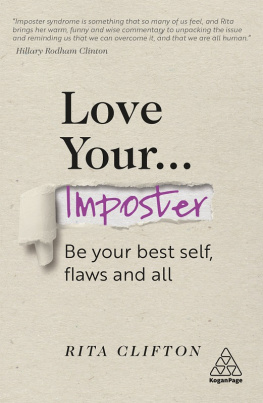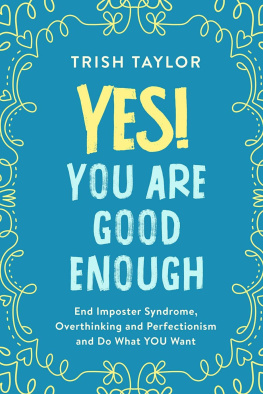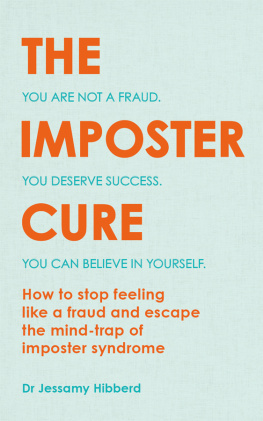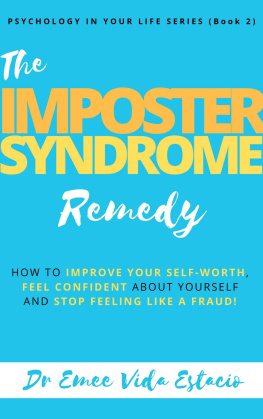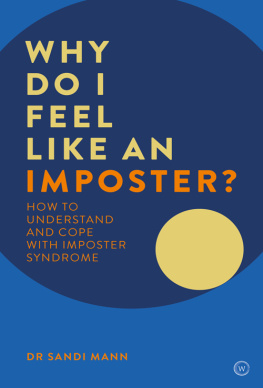Contents
Guide
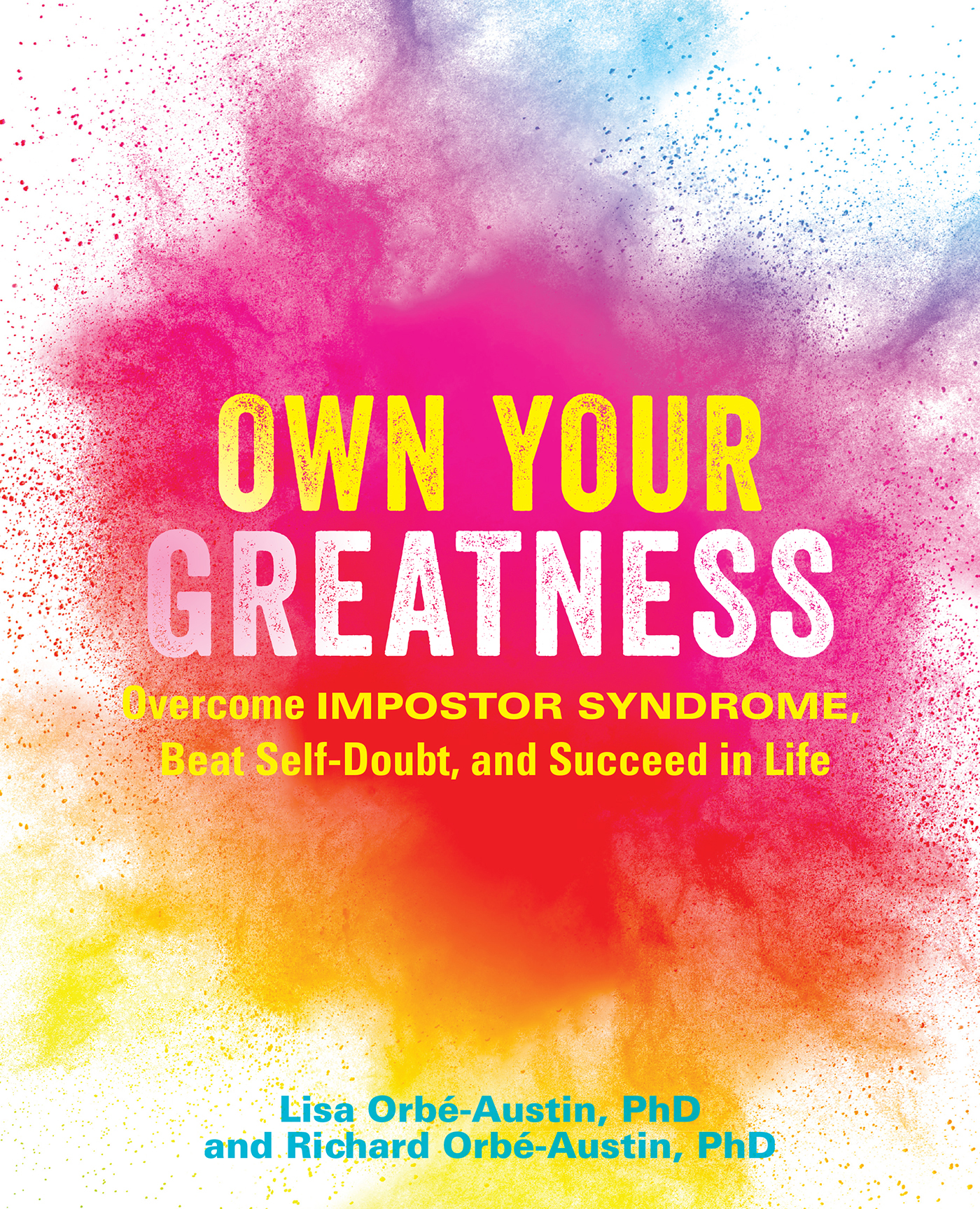

IMPORTANT NOTE TO READERS: This book has been written and published for informational and educational purposes only. It is not intended to serve as medical advice or to be any form of medical treatment. You should always consult with your physician before altering or changing any aspect of your medical treatment. Do not stop or change any prescription medications without the guidance and advice of your physician. Any use of the information in this book is made on the readers good judgment and is the readers sole responsibility. This book is not intended to diagnose or treat any medical condition and is not a substitute for a physician. This book is independently authored and published, and no sponsorship or endorsement of this book by, and no affiliation with, any trademarked brands or other products mentioned within is claimed or suggested. All trademarks that appear in this book belong to their respective owners and are used here for informational purposes only. The author and publisher encourage readers to patronize the quality brands mentioned in this book.
INTRODUCTION
I was paralyzed, unable to make a move. I was stuck in a job that was far beneath my skill sets, underpaid, and treated poorly. I had all the credentials to take a leapa PhD from an Ivy League university, two masters degrees, and connections in the right placesbut I was terrified and doubted the power of any of it. I was fearful that if I left, my boss might try to bad-mouth me, which would ruin all the goodwill that I had built around those relationships. I was fearful about my ability to do anything else beyond this job. I was fearful about almost everything related to leaving this job, so I stayed.
Lisa Orb-Austin
Thats what impostor syndrome can do to you. We know the feeling, because we have lived it. It can render your credentials worthless to your advancement, to earnings, to having agency in your life. It can soak you in fear so badly that you dismiss any other feelings that encourage you to leave, take a risk, or pursue an unknown opportunity. Being plagued by the thought that you will be found out as a fraud can leave you stuck at places for a sense of securitysecurity that will never come from that outside place or person. The real security will come from facing your impostor syndrome, using the tools that we will equip you with in this book to combat it, and finally, owning your greatness.
We believe that owning your greatness means giving less power to your impostor syndrome and being able to consistently have more confidence in your abilities to succeed in life.
This workbook represents years of work supported by 40 years of research as well as our own observations, analyses, and lived experiences to develop a method to eradicate the impact of impostor syndrome in amazing, successful, and powerful people who existed for years believing that none of that was true. We hope that you will really engage with this bookwrite in it, dog-ear pages, highlight, put notes in the margins, staple notes to the book. It is meant to be used and used well. Its not meant to be kept in pristine condition. We know that perfectionism is a very central component of impostor syndrome, but we want you to work on it from the very start of engaging this book and the endeavor that you are undertaking to confront your impostor syndrome head on.
Throughout the book, hypothetical case studies are provided for illustrative purposes only and do not represent an actual client or an actual clients experience, but rather are meant to provide an example of the process and methodology of the book. An individuals experience may vary based on his or her individual circumstances. There can be no assurance that everyone will be able to achieve similar results in comparable situations. No portion of this book is to be interpreted as a testimonial or endorsement of our services.
Chapter 1 AN OVERVIEW AND ASSESSMENT OF IMPOSTOR SYNDROME
In the 1970s, two psychologists, Pauline R. Clance and Suzanne A. Imes, were working in the college counseling center at Georgia State University when they first observed this phenomenon in the women that they were treating. Drs. Clance and Imes noticed that they were working with very outwardly accomplished women, both students and faculty, who felt that they had acquired these credentials and opportunities in a fraudulent manner, and that at any moment they could be found out. They wrote a paper in 1978, coining the term impostor phenomenon. The paper outlined the characteristics of this syndrome, presented their first observations on the interventions that worked best to eradicate it, and listed the factors contributing to its development.
Impostor syndrome is the experience of constantly feeling like a fraud, downplaying ones accomplishments, and always being concerned about being exposed as incompetent or incapable. As a result, people with impostor syndrome engage in either overworking or self-sabotage. Impostor syndrome affects high-achieving professionals who are seemingly successful. However, when experiencing impostor syndrome, you are unable to enjoy your success and believe that this success is precarious. Research indicates that 70 percent of all people have experienced the Impostor Phenomenon at some point in their lives.
SIGNS OF IMPOSTOR SYNDROME
Here are the signs that you may be struggling with impostor syndrome.
- You are high achieving.
- You engage in The Impostor Cycle (see ).
- You desire to be special or the best.
- You deny ability and attribute success to luck, mistake, overwork, or a result of a relationship.
- You discount praise, feeling fear and guilt about success.
- You fear failure and being discovered as a fraud.
- You do not feel intelligent.
- You have anxiety, self-esteem issues, depression, and frustration from internal standards.
- You struggle with perfectionism.
- You overestimate others and underestimate oneself.
- You do not experience an internal feeling of success.
- You overwork or self-sabotage to cover the feelings of inadequacy.
Initially, Clance and Imes thought that impostor phenomenon would be found predominantly in women because of societal stereotyping that leads women to feel that they are less competent in certain domains (e.g., math, science, leadership). However, the research has been inconsistent and often finds that it is represented equally in men and women, although the findings suggest that women and men with impostor syndrome may behave differently in response to it..
IMPACT ON EDUCATION AND CAREER
Clance and Imes noted that there were four particular hallmarks of impostor syndrome in the women they studied: 1) diligence and hard work; 2) intellectual inauthenticity; 3) charm and perceptiveness; 4) seeking mentorship for the purpose of external validation.
1. DILIGENCE AND HARD WORK
In their seminal paper, Clance and Imes found that the women that they had observed used hard work and diligence as a cover-up for their perceived inadequacy. The women would engage in a cycle that looked like:
The Impostor Cycle

Receiving the praise would result in temporarily feeling good and at that point, once the good feelings subsided, they returned again to worrying about intelligence or ability to perform. Within this cycle, there is no internalization of the successful experience. The accomplishment isnt accepted as part of their identity or attributed much value, so the next time they perform, its as if the previous accomplishments never existed. Thus, the cycle begins again. In more recent research, it has been revealed that people do not only engage in hard work in that second stage but can go in the opposite direction with self-sabotage. This is most commonly seen when someone with impostor syndrome procrastinates, usually due to anxiety about performance and perfectionism, as they attempt to unveil themselves as an impostor. The belief is that the procrastination serves as a method to expose their status as an impostor, perhaps in hopes of releasing the stress and strain of it. However, they usually still perform well. But any mistake is interpreted as proof of their inadequacy due to their perfectionism, rather than as an artifact of being human, or of not giving themselves enough time to review the work.


